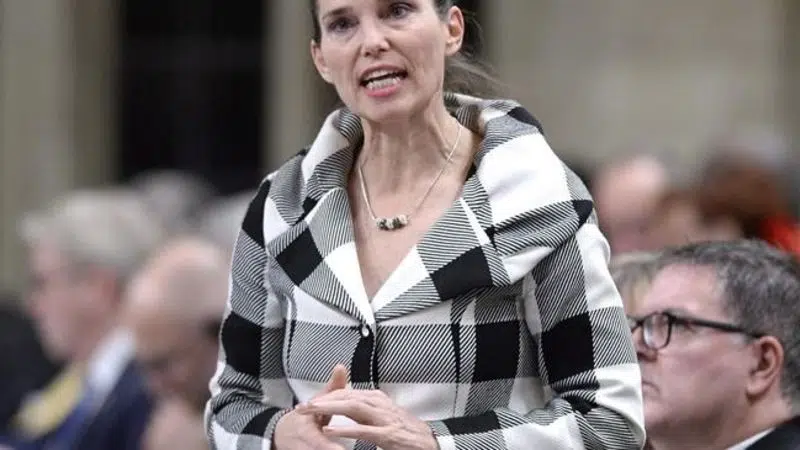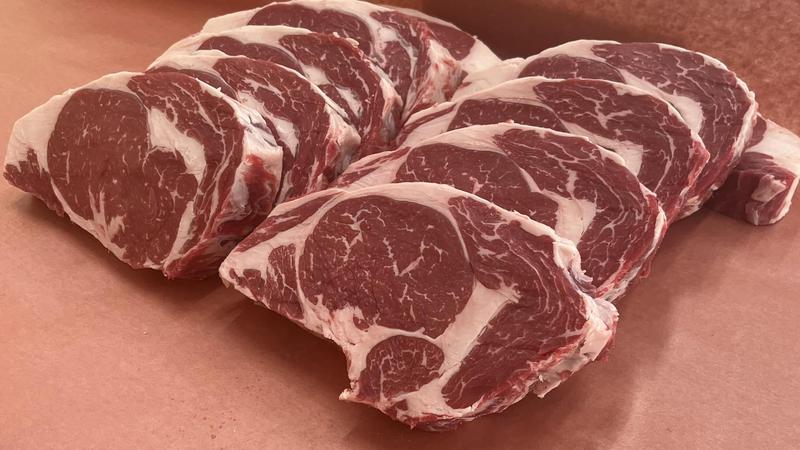
Minister of Sport hints at big changes for handling of abuse cases
TORONTO — There could be a major shift in the way sexual abuse and harassment cases are handled in Canadian amateur sport.
Kirsty Duncan, Canada’s Minister of Science and Sport, hinted Monday that an independent party might be implemented in the near future to investigate cases. Her comments come during a CBC investigation into abuse in amateur sport.
“We are working on a third party,” Duncan told The Canadian Press in a phone interview Monday.


